Watch the Show in Front of You -- A Martial Arts Lesson from a Sports Psychologist
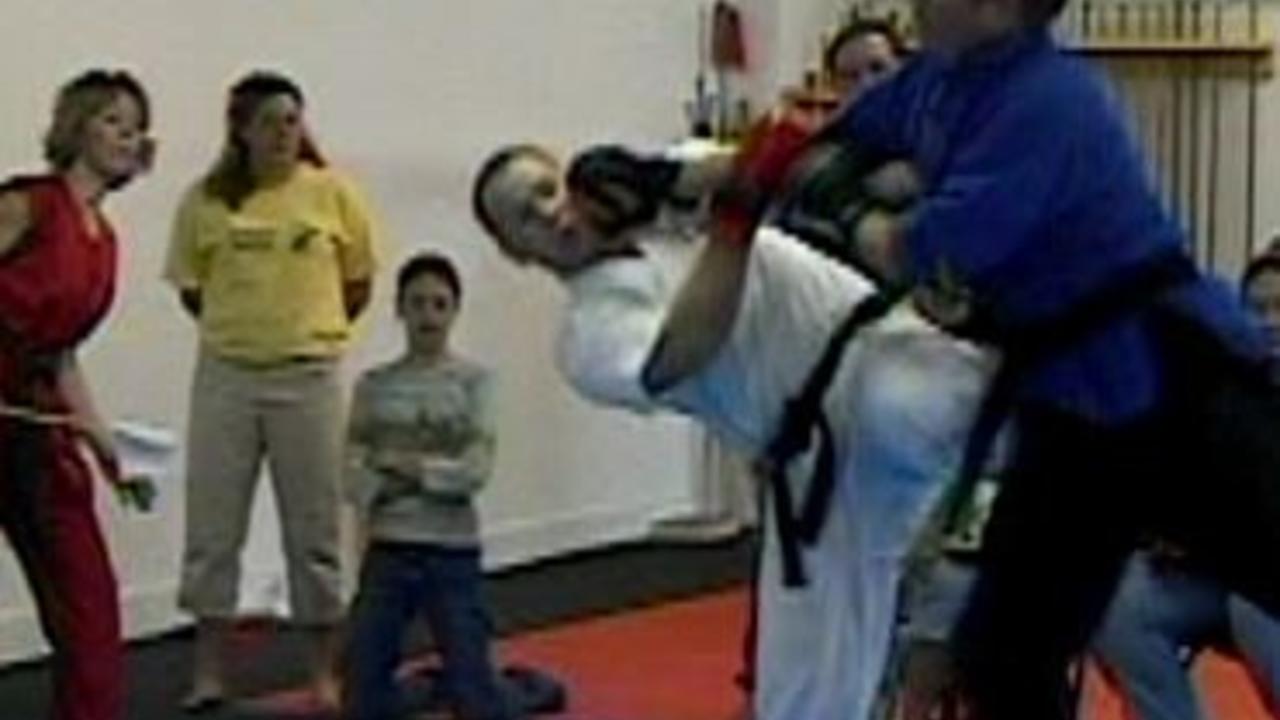
When I first began competing in tournament sparring, I was emotionally involved in every point. I would get upset if a judge missed a call. Not outwardly upset, other than a cocking of my head as if asking, "What?"
Mainly, I was inwardly upset. I wanted to win.
My opponents were often emotionally involved, too. Sometimes, I would stand across from a guy who was angry. And if I scored a point, he was angrier.
I kept careful track of the score. Am I winning? By how much? If I'm behind, how many points do I need?
And then one day, sometime in my forties, I got my ego and emotion out of the game. And I started winning more.
When I faced off against another black belt, I relaxed. When a point was scored, I didn't keep track. I stopped, let the judges call it, and then got back to the contest.
I stopped keeping track of who was winning.
If my opponent scored a point on me, I would congratulate him. "Good shot," I would say. Sometimes, I joked around, wobbling a bit on my rubbery legs...
How to Meditate While Doing Tai Chi and Internal Arts -- Mindfulness
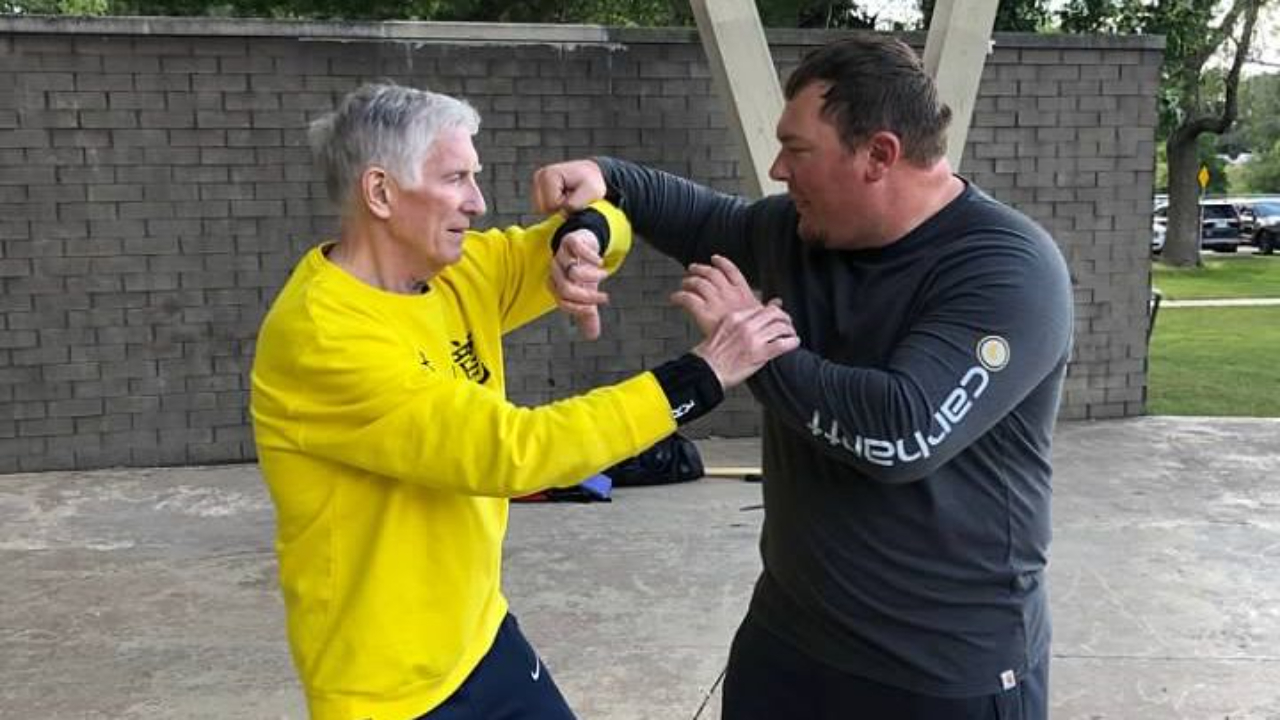
A philosopher asked the Buddha, "What is your method? What do you practice every day?"
"We walk, we eat, we wash ourselves, we sit down," the Buddha explained.
"What is so special about that? Everyone walks, eats, washes, sits down," the philosopher said.
"Sir," replied the Buddha, "when we walk, we are aware we are walking; when we eat, we are aware we are eating. When others walk, eat, wash, or sit down, they are generally not aware of what they are doing."
In Buddhism, mindfulness is the key. -- from Zen Keys by Thich Nhat Hanh
Are you mindful when you practice your gongfu?
Are you mindful when you are at work? Does your mind wander when talking to other employees or when sitting through meetings?
When in public, are you on a cell phone instead of being engaged in the world around you?
When your significant other is talking, do you zone out or are you mentally engaged in what they are saying?
Are you constantly multi-tasking?
Psychology Today reported that we lose 40% of...
How to Use Tai Chi for Meditation - Moving Mindfulness
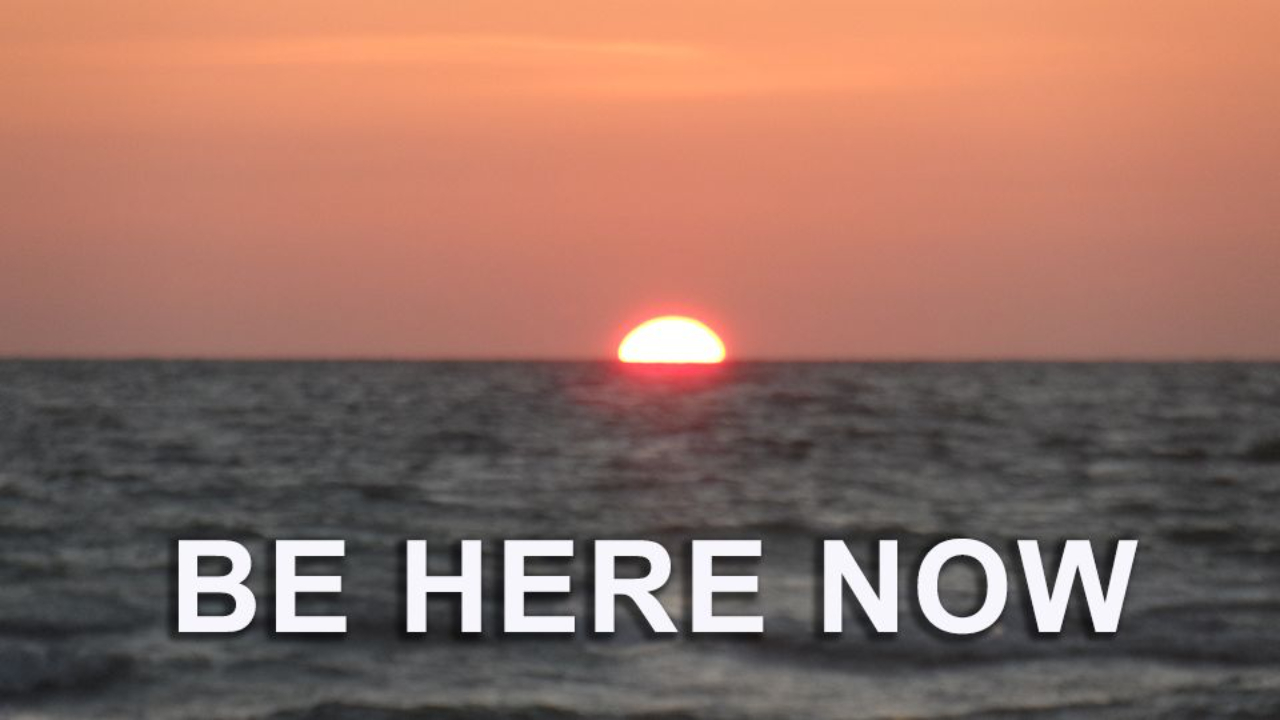
Tai Chi is a martial art, but in the past hundred or so years, the image of Tai Chi has become linked to the concept of "moving meditation," geared toward adults and seniors who want a relaxed way to exercise and improve their health, balance, flexibility, etc.
Those of us who see Tai Chi as a vigorous, athletic martial art are sometimes at odds with those who preach the art as something that will make you "One with the Universe" or will help you "cultivate chi."
I am a chi skeptic. I do not think chi is a scientific reality. After all these centuries, after scientific discoveries that include atoms and quarks and relativity, no one has ever been able to prove that chi is real.
But recently, interviews I have done for my Internal Fighting Arts podcast, and studying I have done on Mindfulness, made me realize there is a happy medium where focusing on the proper body mechanics when performing a Tai Chi form -- the body mechanics that make it martial -- can be combined with Mindfulnes...
How Do You Find Inner Peace? A Story of a Journey Within and Without
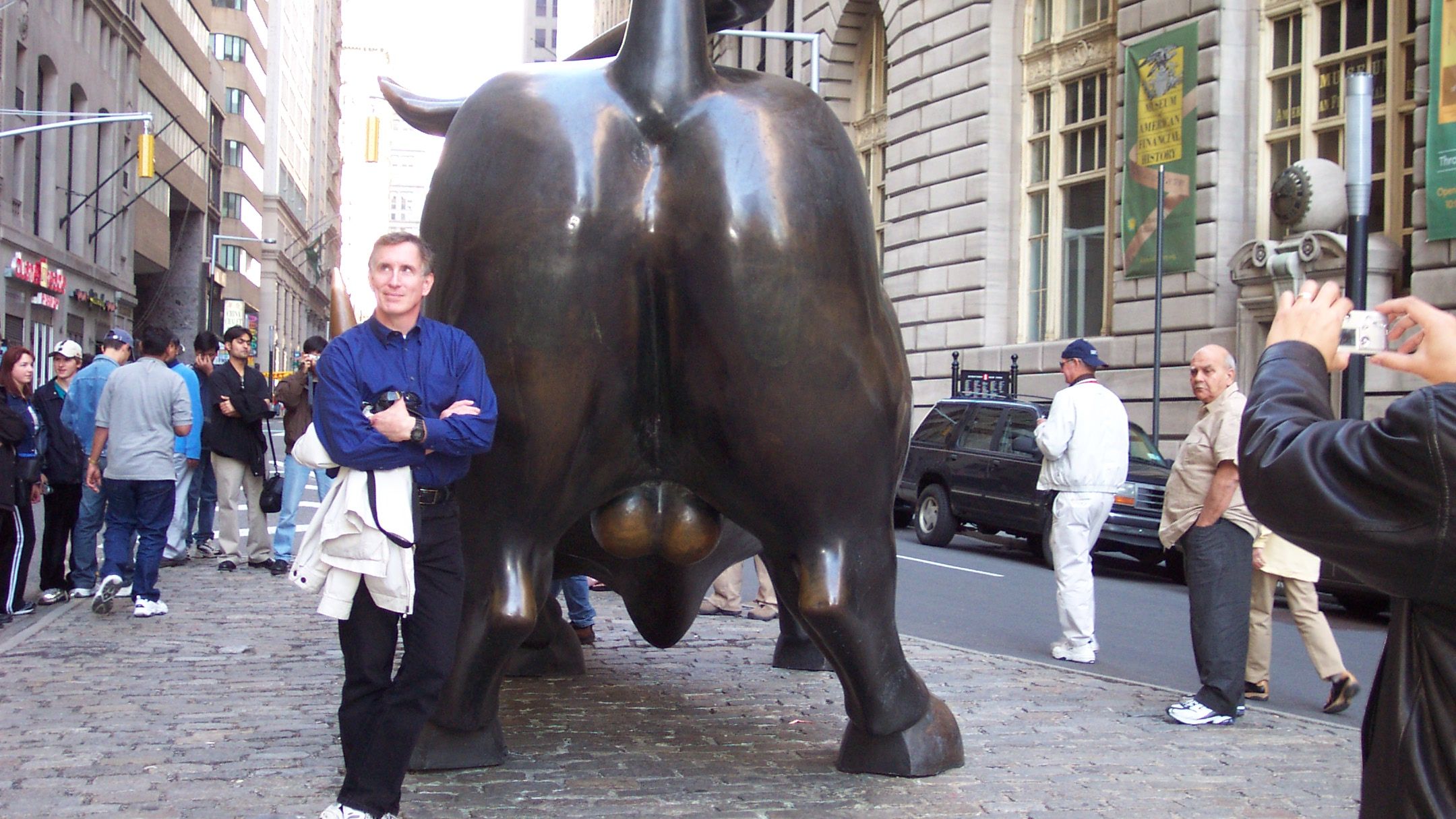
My favorite poem comes from a book I bought back in the Seventies, Man of Contrasts, by taekwondo master He Il Cho. Here is the poem:
I can find peace amidst the city's roar
In the dry, frayed face of confusion
the exhausted hour.
My peace is cradled within.
Where does peace come from? I started finding the answer to that question when I began practicing Qigong in 1987, about 14 years after I began studying martial arts and reading about Taoism and Zen Buddhism. Qigong (also spelled Chi Kung) took it to another level. Before long, the ability to center myself in tense situations or moments of crisis began to develop somewhere inside me, and it was noticed, both by me and by others.
Around 1988, when a wall cloud was passing outside the newsroom where I was preparing the 6:00 News (I was the producer), people were racing and shouting in the newsroom, wheeling cameras outside to broadcast it live. I was trying to write some final teases and copy for the 6:00 News. It was total chao...
A Special Place for Qigong and Zhan Zhuang
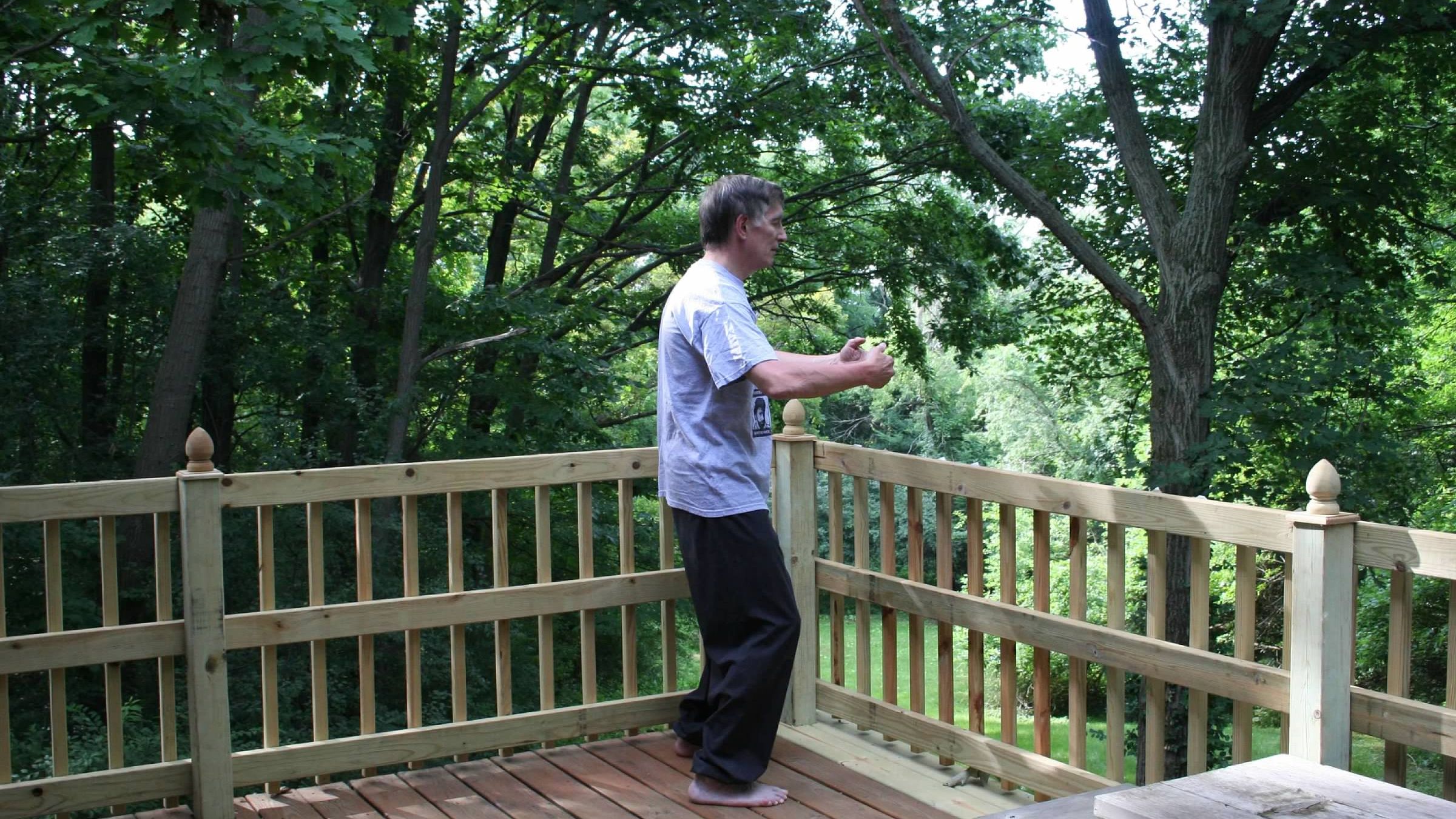
I've been interested in the concept of being "one" with nature (or the Universe) since the early Seventies. I was first inspired by the Kung-Fu TV show -- fascinated by the "flashbacks" and the morality and philosophy of the Shaolin monks.
"Standing," as it is often called, is the most important exercise in Taijiquan. It's also known as Zhan Zhuang. Translated from Mandarin, that means "standing like a post."
When Nancy and I moved into our new home a month ago, I found an ideal spot for Standing Stake. It's in a corner of my deck, surrounded by trees with a deep yard below. Yesterday morning, a young buck was at the edge of the yard below, eating leaves from low-hanging trees. His antlers were pretty short. He stopped to stare at me for a moment, wondering if I was friend or foe, then lost interest and began munching again. On the tree a few feet away, a chipmunk ran up and down.
It's not difficult to feel "one" with nature here.
Standing Stake is useful for a lot of reasons. ...
